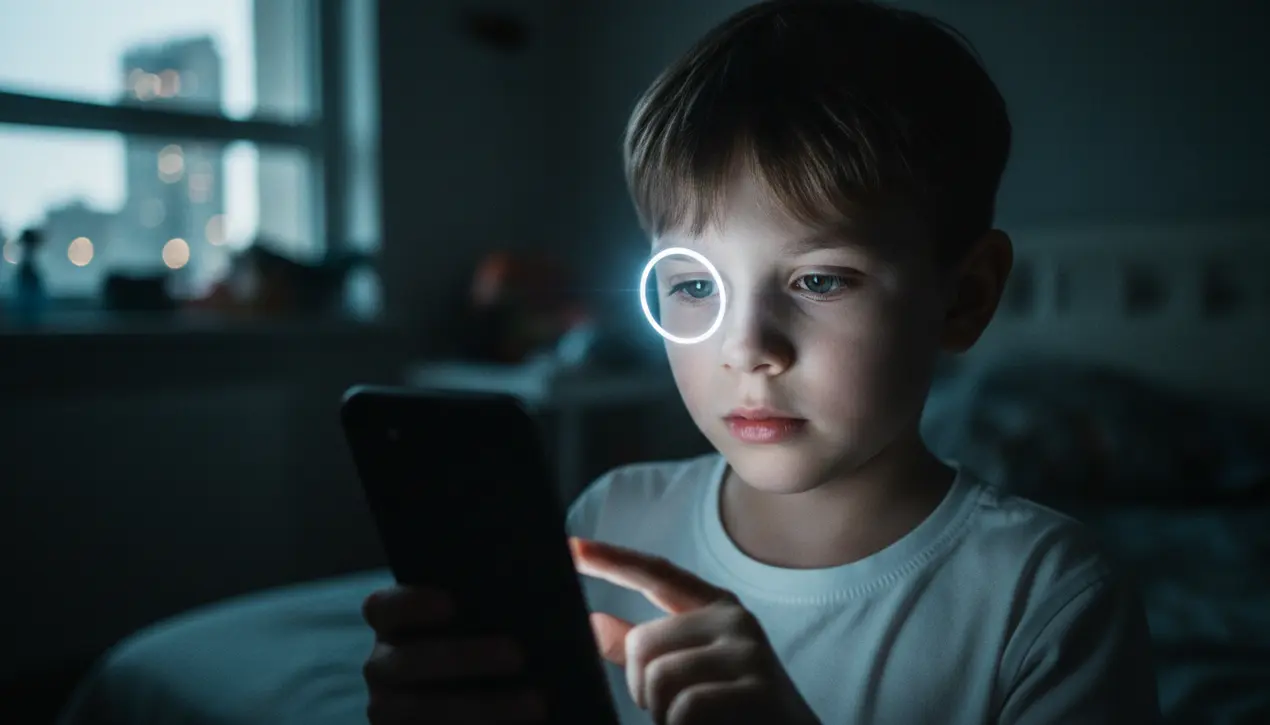
AIai safety & ethicsResponsible AI
Roblox demands AI-verified selfie to prevent kids from chatting to adults.
MI
Michael Ross
6 hours ago7 min read5 comments
As Roblox confronts a mounting wave of litigation—at least 35 lawsuits alleging the platform facilitates child sexual exploitation—its proposed technological solution feels ripped from the pages of an Asimov novel, forcing a difficult calculus between safety and surveillance. The online gaming behemoth, with its 151 million-strong user base where over a third are under 13, is rolling out a mandatory facial age verification system for anyone wishing to use its popular chat feature, a direct response to horrific allegations of grooming and abuse.This new protocol, set to begin in select markets outside the U. S.this December before a global rollout in 2026, offers users two paths: submit a government ID or take a selfie that will be analyzed by an AI to estimate their age. While Chief Safety Officer Matt Kaufman frames this as a crucial step toward creating 'age-appropriate experiences' and limiting 'chat between minors and adults,' the initiative plunges the company headlong into one of the most contentious debates in tech ethics.The core dilemma is a classic one, pitting the undeniable imperative of child protection against the insidious creep of biometric surveillance. Roblox attempts to preempt privacy fears by asserting that selfies processed by its vendor, Persona, are 'deleted immediately after processing,' but this assurance may ring hollow for parents already wary given the platform's legal troubles and the polarizing nature of facial recognition technology.The historical precedent is not encouraging; in 2021, Facebook abandoned a far less intrusive facial recognition program for photo tagging after intense regulatory and public backlash, a stark reminder of the societal skepticism toward this technology. This wariness transcends partisan lines, as evidenced by a proposed bipartisan bill in the U.S. Senate to limit facial recognition in airports, with Senator Jeff Merkley warning of a slide toward a 'national surveillance state.' Roblox's system, which will segregate verified users into six age brackets from 'Under 9' to 'Over 21' and restrict chat accordingly, represents a significant escalation of this technology's application, moving from airport security and social media tagging to the daily play of children. The policy's nuances, such as planned solutions for sibling and parent-child chat across age barriers, show a considered attempt to address real-world family dynamics, but they cannot fully escape the fundamental risk: conditioning a generation to accept biometric verification as a routine gateway to digital social interaction.The long-term consequences are profound, potentially normalizing a level of personal data surrender that would have been unthinkable a decade ago, all under the morally unimpeachable banner of safety. This is the quintessential modern trade-off, and Roblox is now the crucible where it will be tested on a massive scale.The company's announcement that age checks will soon be required to access social media links on profiles further signals an expansive vision for this verification layer, suggesting this is not a one-off fix but the foundation of a new, more gated and monitored digital ecosystem for young people. The question remains whether the immense good of protecting vulnerable children from predators can truly be decoupled from the societal cost of embedding such powerful, opaque AI systems into the fabric of childhood itself.
#Roblox
#age verification
#child safety
#facial recognition
#AI ethics
#privacy concerns
#online gaming
#featured
Stay Informed. Act Smarter.
Get weekly highlights, major headlines, and expert insights — then put your knowledge to work in our live prediction markets.
Comments
Loading comments...
© 2025 Outpoll Service LTD. All rights reserved.